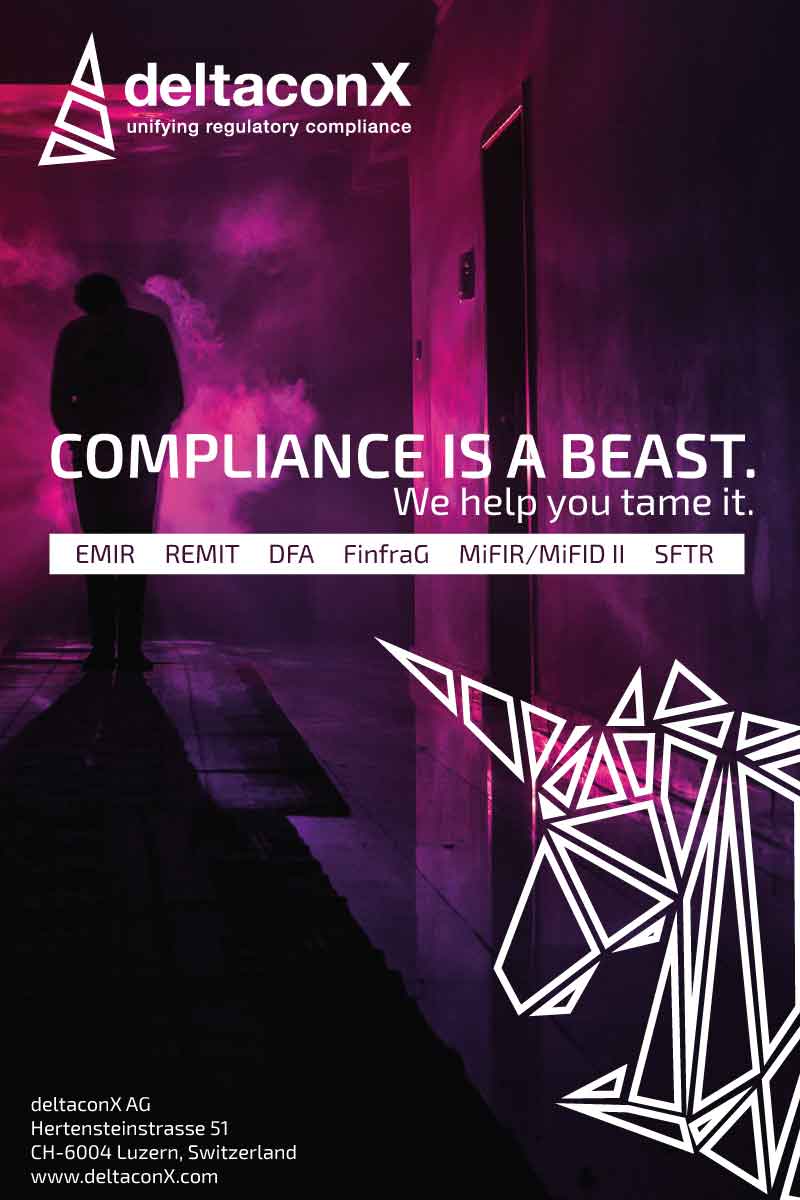Charles Randell, chair of the Financial Conduct Authority (FCA), has published a speech on the risks of token regulation, which highlights concerns around TV stars like Kim Kardashian promoting crypto assets on social media.
Kardashian was recently paid to ask her 250 million Instagram followers to speculate on crypto tokens by “joining the Ethereum Max Community”, which Randell says may have been the financial promotion with the single biggest audience reach in history.
Randell notes: “In line with Instagram’s rules, she disclosed that this was an #AD. But she didn’t have to disclose that Ethereum Max – not to be confused with Ethereum – was a speculative digital token created a month before by unknown developers – one of hundreds of such tokens that fill the crypto-exchanges.”
“Of course, I can’t say whether this particular token is a scam. But social media influencers are routinely paid by scammers to help them pump and dump new tokens on the back of pure speculation. Some influencers promote coins that turn out simply not to exist at all.”
According to the FCA chair, there are no assets or real-world cash flows underpinning the price of speculative digital tokens, even the better-known ones like Bitcoin, and many cannot even boast a scarcity value.
Moreover, these tokens have only been around for a few years, so it is not clear what will happen over a full financial cycle.
“We simply don’t know when or how this story will end, but – as with any new speculation – it may not end well,” says Randell.
Despite this, the hype around them generates a powerful fear of missing out from some consumers who may have little understanding of their risks.
Randell suggests there is no shortage of stories of people who have lost savings by being lured into the crypto bubble with delusions of quick riches, sometimes after listening to their favourite influencers, ready to betray their fans’ trust for a fee.
The FCA has repeatedly warned about the risks of holding speculative tokens; these tokens are not regulated by the FCA and are not covered by the Financial Services Compensation Scheme.
Therefore, if you buy them, you should be prepared to lose all your money, Randell highlights.
The FCA’s take on this is similar to that of other international regulators as it sees investing in cryptocurrencies as extremely high risk.
Meanwhile, the FCA has also warned that bringing cryptocurrencies into the regulatory sphere risks adding more perceived legitimacy to the currencies.
Randell states: “The tide of regulation is turning all over the world, and online platforms should expect a future where regulation addresses the significant risks they pose in the same way as other businesses. Same risk, same regulation.”
Commenting on the chair’s speech, Susannah Streeter, senior investment and markets analyst, Hargreaves Lansdown, says: “It’s unusual to hear the chair of Britain’s financial watchdog dedicate a big chunk of his speech to superstar reality TV queen Kim Kardashian – but it shows just how concerned the FCA is about the level of financial promotion of crypto assets on social media.”
Streeter affirms: “Now it appears to be throwing its weight behind recommendations made by the influential Basel committee which brings together regulators from around the world.”
If banks and other regulated financial institutions dabble in crypto, the committee is considering making them put aside enough capital to cover 100 per cent of potential losses.
Giving speculative tokens a high-risk price tag is likely to make cryptocurrency dealing and investment very expensive and could limit the number of new institutional entrants into the crypto world, according to Streeter.
Additionally, Streeter says it's likely that lower financial buffers would be needed for stable coins, which are seen as less volatile as they are pegged to currencies like the dollar.
Streeter concludes: “It is clear the FCA wants to push the financial industry towards these digital assets, seeing them as a useful way to improve the payments market away from the crypto Wild West.’’
Cryptocurrencies represent a new form of a digital asset based on a network that is distributed across a large number of computers. To read more about this, click here.



